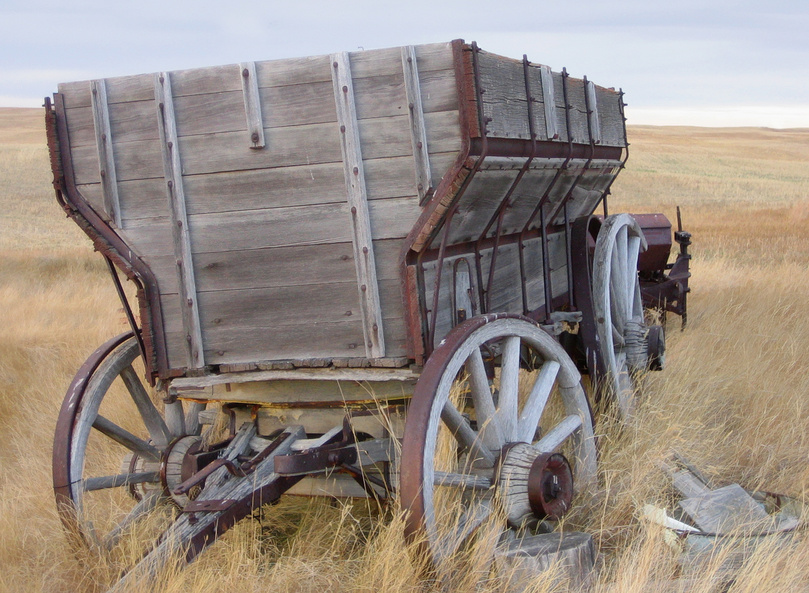A couple begins attending the church you lead. They sit in the back, watching and listening attentively. They return more often over the next several months, but seem reluctant to engage any deeper. Finally, you are able to make a connection and find out that they have just begun attending church again. They share that they left the last church they attended after being wounded. They share all that they did at their former church, and how painful the circumstances were that led to them leaving the church. What are you to do? How should the church handle this family?
Church hurt is real. We need only do an Internet search for the phrase “church hurt” to see the number of articles and sites returned. Most of the things written deal with how an individual should personally deal with having been hurt by the church. I concur with much of what has been written. Those who have been hurt should pray, not allow a root of bitterness to develop, and seek to forgive those who have hurt them. But that is only half of the story. What is missing from the dialogue is what local churches can do to help those who are trying to overcome church hurt. I have met and talked with people who have been hurt by church. Some have left the church and struggle with the notion of returning to the local church. The number of people who have checked out of life in the organized church because of past hurts is growing. The local church has to actively engage the men and women that may desire to return to church. There are five expressions of community that a local church can and should do to help heal church hurt.
The number of people who have checked out of life in the organized church because of past hurts is growing.
1. Caring Community
The local church should be a caring community. We’ve all heard it. Love is an action. People who have been hurt by the church or church people need to feel the love of God expressed through a caring community. The local church, of all places, should be a place where people can feel love and cared about.
2. Empathetic Community
The local church should be an empathetic community. Odds are that a good number of people in our congregations have experienced some level of church hurt. It may not have been enough to push them away, but the feeling of being wounded is not foreign to them. When people who have been hurt by the church find their way into our pews, we need to have empathy. Even if you haven’t experienced church hurt, you know what it feels like to be wounded. Think about how you would desire someone react to your pain and act accordingly.
3. Patient Community
The local church should be a patient community. Wounds take time to heal. Getting over the pain of being hurt and the loss that results from having separated from a church family can linger and have lasting effects. The local church can help those who are trying to reconnect by being patient. People who have been hurt may be slow to reengage or initially apprehensive about connecting in community. These feelings and actions are a natural part of the healing process.
4. Listening Community
The local church should be a listening community. While our knee jerk reaction may be to explain the benefits of forgiveness and moving forward, we should begin by being listening. People want to be listened to prior to being talked to. Listening not only shows that the person and the pain they experienced is as important to us as it may be to them, but it also gives us better insight regarding our eventual response and path to help.
5. Valuing Community
The local church should be a valuing community. All people matter to God. God desires to heal hurt and uses biblical community as a means of healing. If God values people, then the local church must demonstrate that it values people as well.
[reminder]How have you helped people who have attended your church overcome church hurt? I’d love to have you share your experiences.[/reminder]
